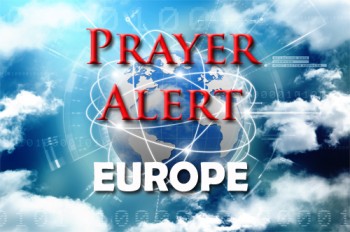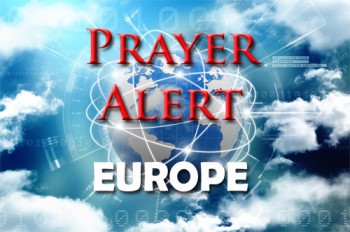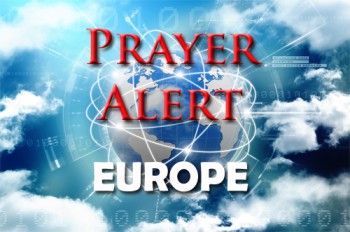Displaying items by tag: vaccine
France / Germany: careless talk dents vaccine confidence
In January the AstraZeneca vaccine was approved in Europe for all adults. But several countries, including France and Germany, restricted its use in over-65s due to a lack of data about its effectiveness. France’s Emmanuel Macron claimed the vaccine was ‘quasi-ineffective’ in older age groups, and the German newspaper Handelsblatt had a similar report; but these statements are unfounded. In the over-80s, a single shot of either the AstraZeneca or Pfizer vaccine appears to be over 80% effective at preventing hospitalisation. Although the regulators have both now reversed their advice, the majority of their AstraZeneca doses are yet to be used. It seems that the regulators’ prevarications, and loose talk from politicians and bureaucrats, have undermined confidence in the AstraZeneca vaccine.
Vaccination supply chain
The dispute between the EU and AstraZeneca continues. The EU ‘wants clarity on the vaccine delivery schedule’, and requested a clear plan for fast delivery of their reserved vaccines. AstraZeneca explained the complexities of scaling up production of the vaccine. It is striving to bring this vaccine to millions of Europeans at no profit during the pandemic, but there were production issues at factories on the continent and problems with Europe’s supply chain. It is providing as many doses as possible. The EU said this is a breach of contract, and that the company should send vials from other production facilities - like those in the UK - to match previously made commitments. The UK said vaccine supplies would not be interrupted: see
India: Covid vaccine by February?
An Indian government-backed Covid-19 vaccine could be launched as soon as February, months earlier than expected. Final trials begin this month and studies have so far shown it is safe and effective, said a senior government scientist. Bharat Biotech is the private company developing Covaxin. ‘The vaccine has shown good efficiency’, said senior ICMR scientist Rajni Kant, who is also a member of the Covid-19 task-force.
Flu vaccine complacency warning
Complacency over the flu jab risks overwhelming the NHS as data reveals the scale of the challenge in expanding the vaccination programme. Last month, the Government announced plans to double the number of people who receive the jab even though the take-up rate among people in vulnerable groups eligible to have it for free has declined. The UK has an ambition to vaccinate 55% of people in vulnerable groups, such as those with multiple sclerosis, diabetes, or chronic asthma. WHO has previously said countries should vaccinate 75% of people in ‘vulnerable’ categories. Getting the flu vaccine is vital now more than ever with the possible co-mingling of Covid and flu.
Russia: vaccine approved for use
Vladimir Putin said a vaccine for Covid-19 has been given regulatory approval after less than two months’ testing on humans. It has passed all the required checks, and he added that his daughter had already been given it. Officials plan to start mass vaccination in October. However experts have concerns about the speed of Russia's work, suggesting that researchers might be cutting corners. Amid fears that safety could be compromised, WHO has urged Russia to follow international guidelines for producing a vaccine. The vaccine is not currently among the WHO's list of six which have reached phase three clinical trials, involving more widespread testing in humans. Globally over 100 vaccines are in early development. Some are being tested on people in clinical trials. Most experts think that a vaccine will not become widely available until mid-2021. Russia's vaccine data cannot be verified.




